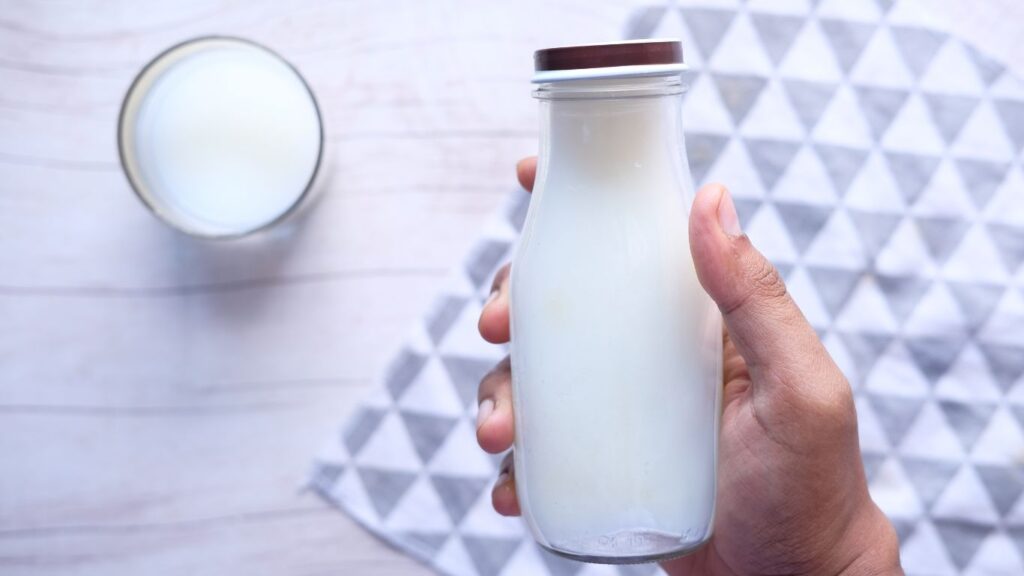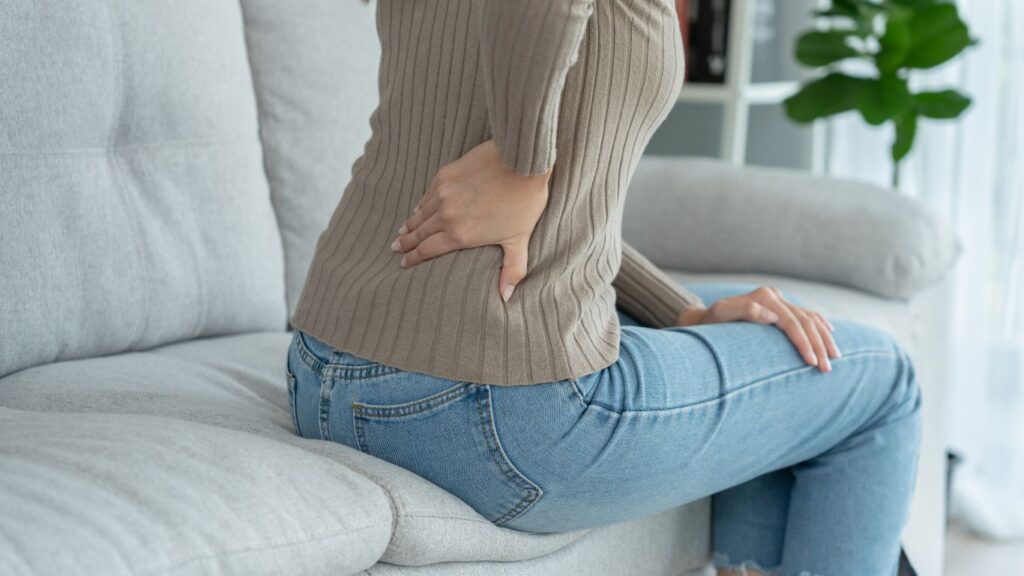Maintaining strong and healthy bones is essential for overall well-being, yet many misconceptions surround bone health. These myths can lead people to make misguided choices, potentially jeopardizing their bone strength. In this blog, we’ll debunk some of the most common myths about bone health and clarify the facts so you can take the best care of your bones.
8 Bone Health Myths Debunked: Separating Fact from Fiction
- Myth 1: Only Older People Need to Worry About Bone Health
- Myth 2: Calcium Supplements Alone Are Enough to Keep Your Bones Healthy
- Myth 3: If You Drink Plenty of Milk, You Don’t Need to Worry About Bone Health
- Myth 4: Osteoporosis Only Affects Women
- Myth 5: Bone Health Only Matters for Preventing Osteoporosis
- Myth 6: If You Don’t Feel Pain, Your Bones Are Fine
- Myth 7: Only Weight-Bearing Exercises Are Good for Bone Health
- Myth 8: Bone Health Isn’t a Concern if You Don’t Have a Family History of Osteoporosis
- Conclusion
Myth 1: Only Older People Need to Worry About Bone Health
Fact: While it’s true that bone density decreases as we age, bone health is important at all stages of life. In fact, bone mass peaks in our 20s, meaning that the stronger your bones are in your youth, the better prepared they will be to withstand age-related bone loss. Building strong bones during childhood, adolescence, and early adulthood is crucial to reducing the risk of osteoporosis and fractures later in life.
The takeaway: Start taking care of your bones early by ensuring a diet rich in calcium and vitamin D, regular physical activity, and healthy lifestyle habits.
Myth 2: Calcium Supplements Alone Are Enough to Keep Your Bones Healthy
Fact: Calcium is essential for strong bones, but it’s only part of the equation. Without sufficient vitamin D, your body can’t absorb calcium effectively, which makes the combination of these two nutrients critical. Additionally, other nutrients, such as magnesium, vitamin K, and protein, play significant roles in maintaining bone health. Moreover, relying solely on supplements without making necessary lifestyle changes—such as regular exercise and avoiding harmful habits like smoking—won’t provide optimal bone protection.
The takeaway: Calcium supplements can help, especially if your diet is lacking, but a balanced diet, adequate vitamin D, and an active lifestyle are equally important for maintaining strong bones.
Myth 3: If You Drink Plenty of Milk, You Don’t Need to Worry About Bone Health

Fact: While milk is an excellent source of calcium, it isn’t a magic bullet for bone health. Drinking milk alone won’t protect you from bone-related issues. You need a well-rounded diet rich in various nutrients and a lifestyle that includes physical activity to maintain optimal bone health. It’s also important to note that some people cannot tolerate dairy due to lactose intolerance, so they must seek other sources of calcium and nutrients.
The takeaway: Milk is beneficial, but it shouldn’t be your only defense against bone problems. Incorporate a variety of calcium-rich foods and healthy habits to keep your bones strong.
Myth 4: Osteoporosis Only Affects Women
Fact: While osteoporosis is more common in women, especially after menopause, men are not immune to this condition. Men also experience bone loss as they age, and by age 65 or 70, men and women lose bone mass at similar rates. Osteoporosis in men is often underdiagnosed because it’s perceived as a “women’s disease,” which can result in late diagnosis and treatment.
The takeaway: Men should also be proactive about their bone health, especially as they age. Regular bone density tests, a healthy diet, and an active lifestyle are just as crucial for men as they are for women.
Myth 5: Bone Health Only Matters for Preventing Osteoporosis
Fact: While osteoporosis is one of the most well-known conditions related to bone health, it’s not the only issue. Poor bone health can lead to fractures, joint problems, and posture issues, all of which can affect your mobility and quality of life. Maintaining strong bones helps prevent falls, supports proper posture, and protects overall skeletal function.
The takeaway: Bone health is about more than just preventing osteoporosis. Strong bones are essential for overall physical health, mobility, and independence throughout life.
Myth 6: If You Don’t Feel Pain, Your Bones Are Fine

Fact: Bone loss is often called a “silent” condition because it usually doesn’t cause symptoms until a fracture occurs. You won’t feel bone density loss happening, which is why many people are unaware of their bone health until they suffer a break or have a bone density test. Even if you don’t feel pain, you could be losing bone mass gradually, especially as you age.
The takeaway: Don’t wait for pain or an injury to check on your bone health. Regular bone density screenings are essential for catching bone loss early and taking preventative measures.
Myth 7: Only Weight-Bearing Exercises Are Good for Bone Health
Fact: Weight-bearing exercises, like walking, running, and strength training, are indeed great for building bone strength, but they aren’t the only exercises beneficial for bones. Non-weight-bearing exercises, like swimming and cycling, can improve balance, flexibility, and muscle strength, reducing the risk of falls that could lead to fractures. Yoga and Pilates, while not directly weight-bearing, can also improve posture and core strength, which supports bone health.
The takeaway: A well-rounded exercise routine, including weight-bearing activities and exercises for balance and flexibility, is key to maintaining healthy bones and preventing falls.
Myth 8: Bone Health Isn’t a Concern if You Don’t Have a Family History of Osteoporosis

Fact: While genetics do play a role in bone health, they aren’t the only factor. Many lifestyle choices and environmental factors, such as diet, physical activity, smoking, and alcohol consumption, can influence bone health, regardless of your family history. Even if you don’t have a genetic predisposition for osteoporosis, unhealthy habits can increase your risk of bone loss and fractures.
The takeaway: Regardless of your family history, it’s important to take steps to protect your bone health through proper nutrition, regular exercise, and avoiding harmful habits.
Conclusion
Bone health is a lifelong concern, and separating fact from fiction is crucial to making the right choices for your body. Don’t let myths prevent you from taking steps to protect your bones—start by understanding the true factors that influence bone strength and density. By maintaining a balanced diet, engaging in regular physical activity, and seeking medical advice when necessary, you can ensure that your bones stay healthy and strong at every stage of life.
Also read: Eating Disorders: Beyond the Myths
